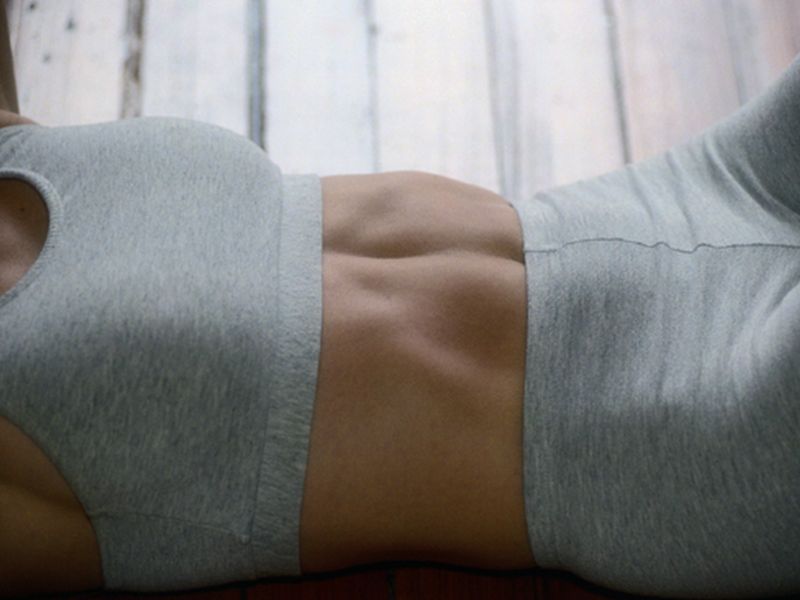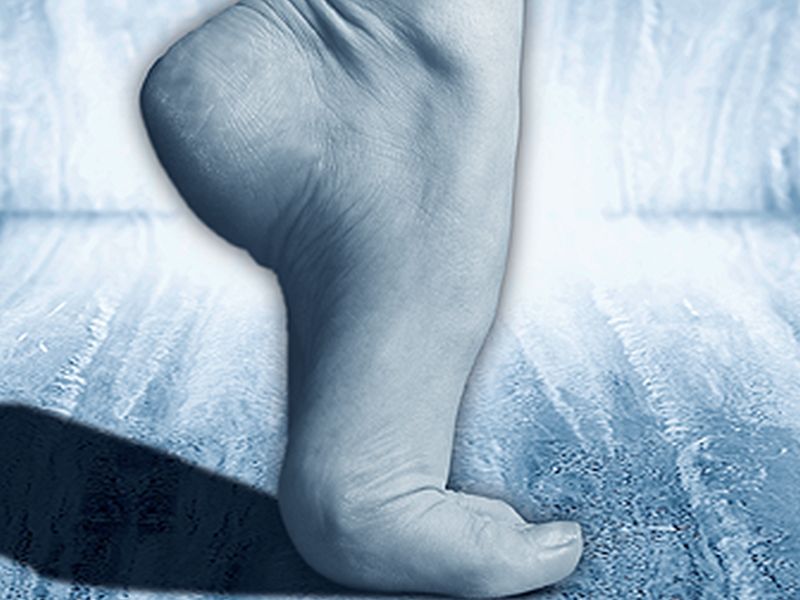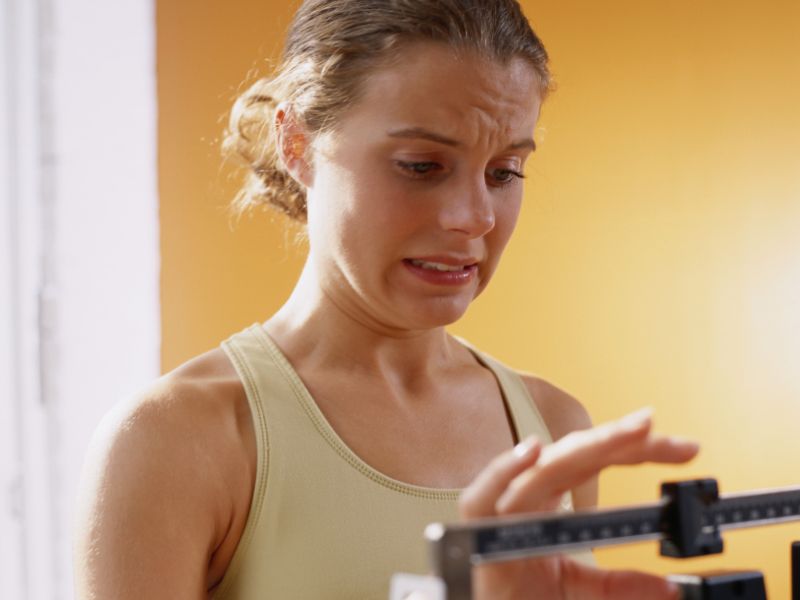
Teen boys who are unfit and/or obese have higher odds for chronic disease and disability as adults, according to a large Swedish study. Researchers followed more than 1 million boys for an average of 28 years, starting when they were 16 to 19 years of age. Those who were inactive, obese or both as teens… read on >






























